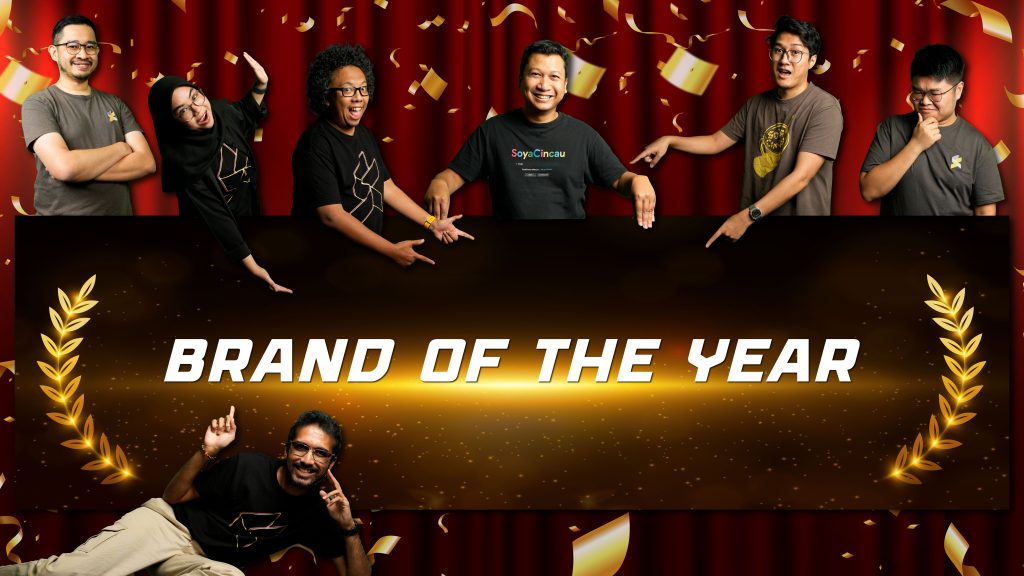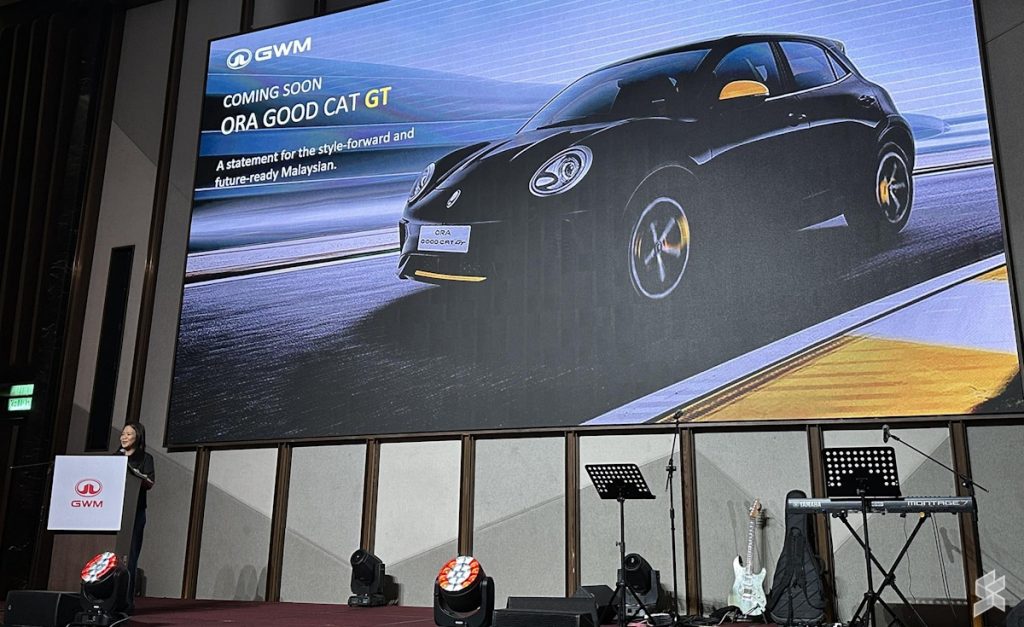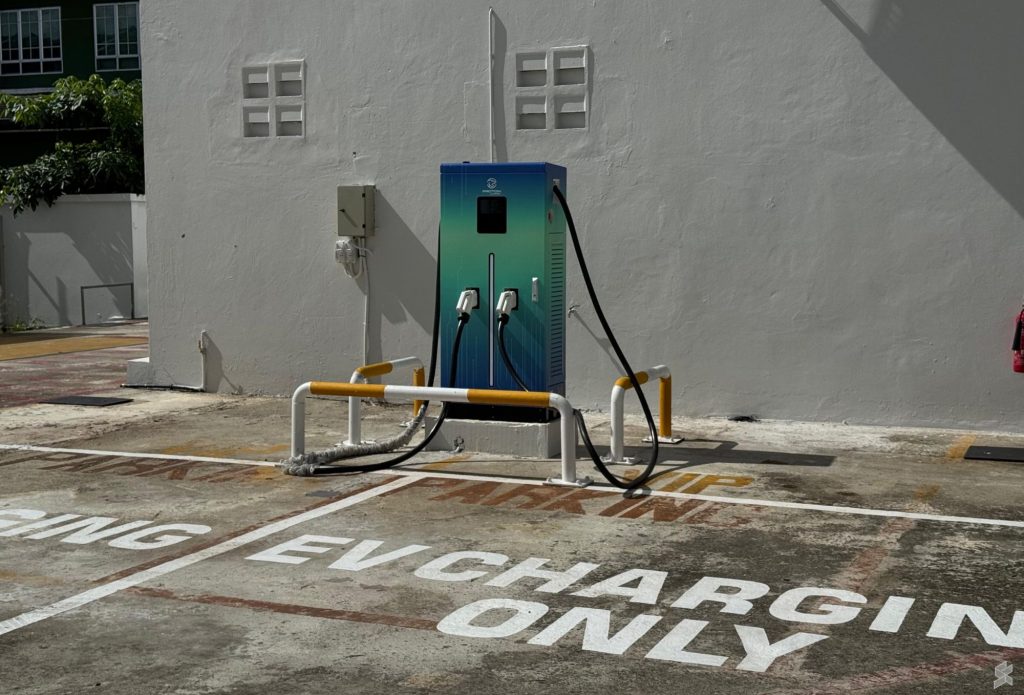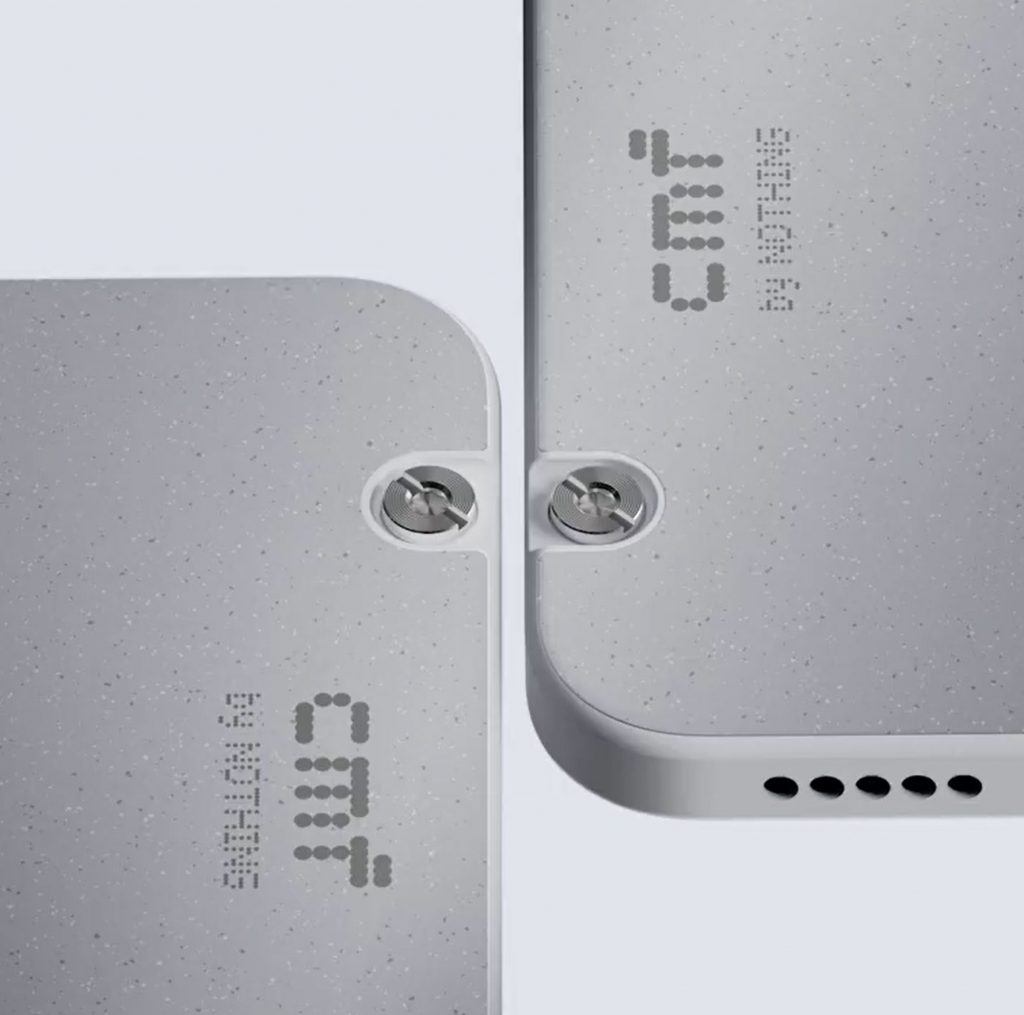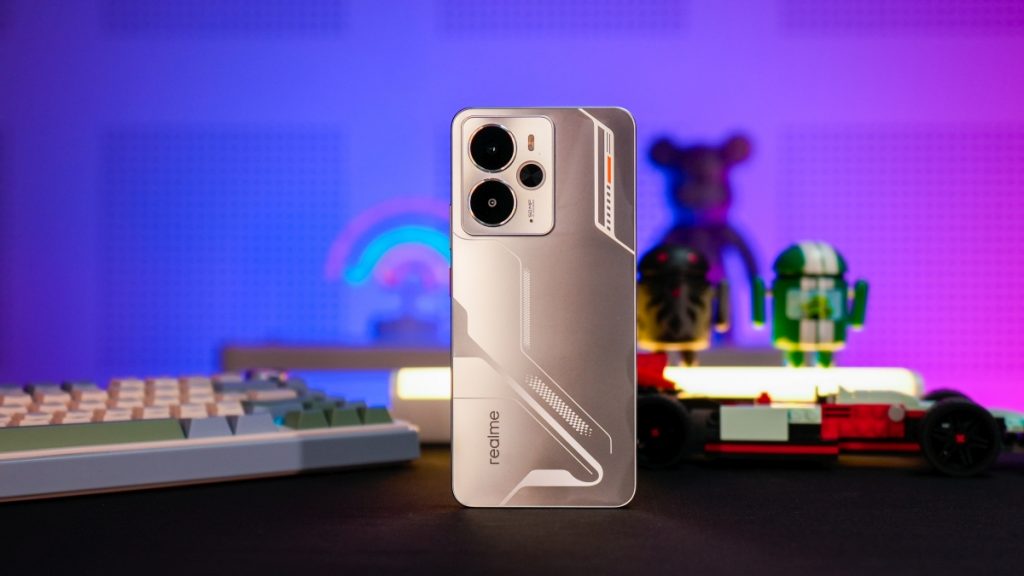2024 has certainly been an interesting year, and to a certain extent, a dramatic one for tech, especially here in Malaysia. From Google officially bringing its Pixel devices into the Malaysian market to U Mobile being chosen to develop Malaysia’s second 5G network, many events have taken place. Here are the best and worst that have happened in tech this year.
In this section, we give recognition for the impact they’ve made on this vast industry. Between the success, disappointments, and surprises, there’s a lot to go through, so let’s get to it. Just in case you’re wondering, the panel members of the SoyaCincau Awards 2024 consist of Alex, Hanif, Chapree, Putra, Sam, Aisyah, and Duke.
However, we had to define some parameters to help narrow down our nominees. Therefore, only incidents that have taken place and tech products that have been launched between the 20th of November 2023 and the 1st of November 2024 were considered.
Additionally, nominated tech products had to be still on sale and available for purchase. Therefore, any limited edition or one-off models were disqualified. Now, without further ado, we present, SoyaCincau Awards 2024: The Best and Worst in Tech this Year:
Read the rest of our awards
Once you’re done reading this list, check out our other curations for the SoyaCincau Awards 2024!
Brand of the Year
Bronze: BYD
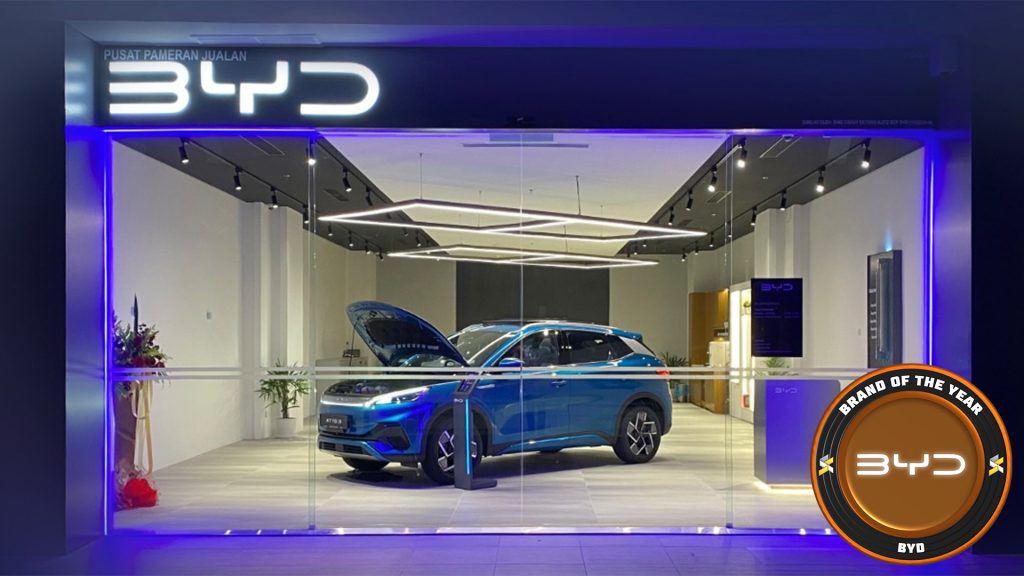
BYD has made a significant impact in Malaysia’s EV market, offering a diverse lineup of electric vehicles to suit various needs. From sedans and SUVs to hatchbacks and spacious family MPVs, BYD ensures there’s an EV for every type of driver.
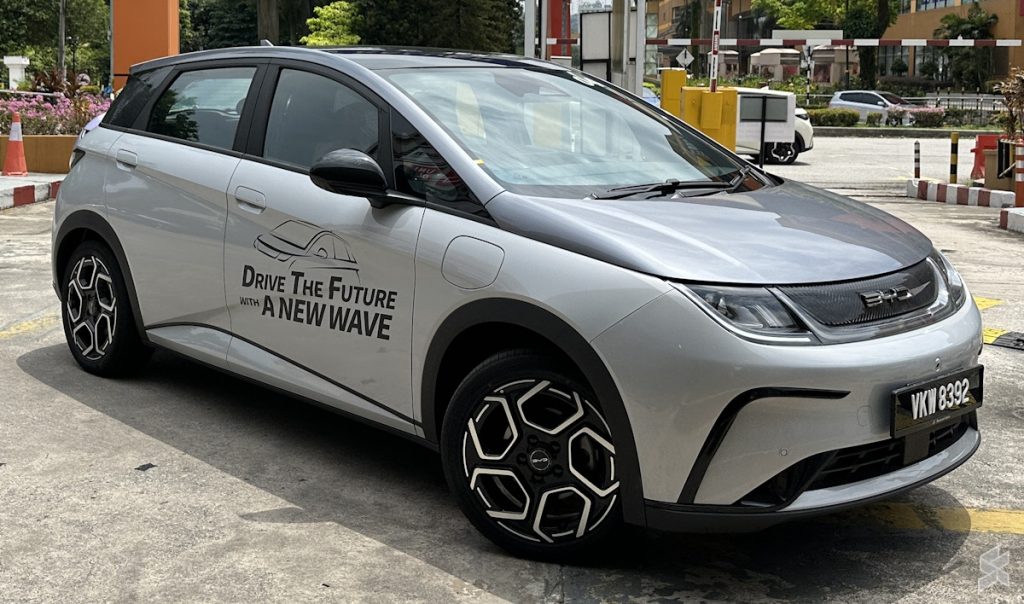
A key strength of BYD is its ability to cater to various price segments, with models starting just below RM100,000. Despite the affordable pricing, these vehicles don’t feel cheaply made, offering solid build quality and decent performance.
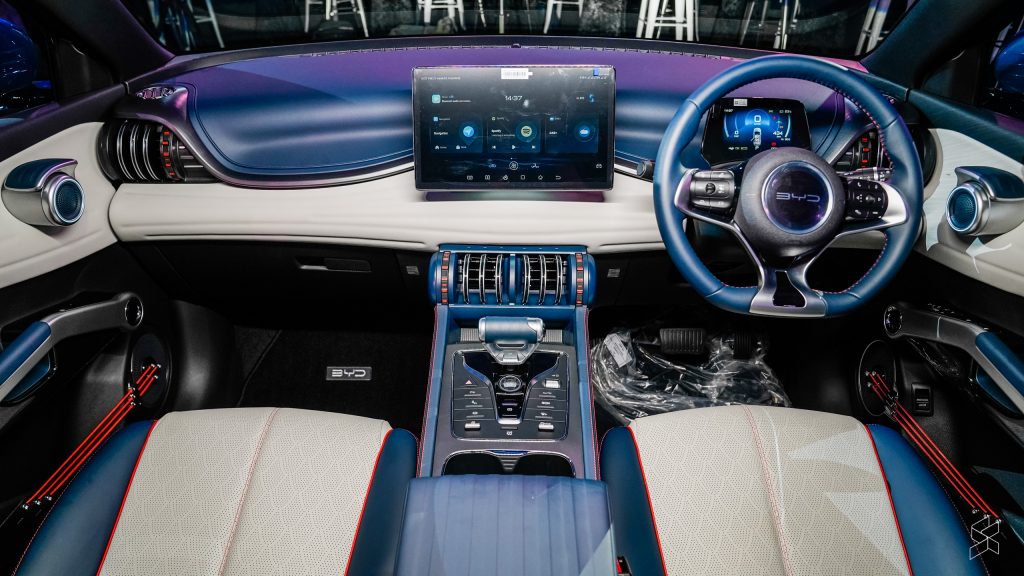
However, BYD’s approach to styling has been divisive. The Dolphin’s rolling pin flattened front and the Atto 3’s overly extravagant interior, inspired by human muscle, have sparked mixed reactions. While some appreciate the boldness, like our EV Editor Chapree, others feel the design choices come at the expense of appeal and desirability.
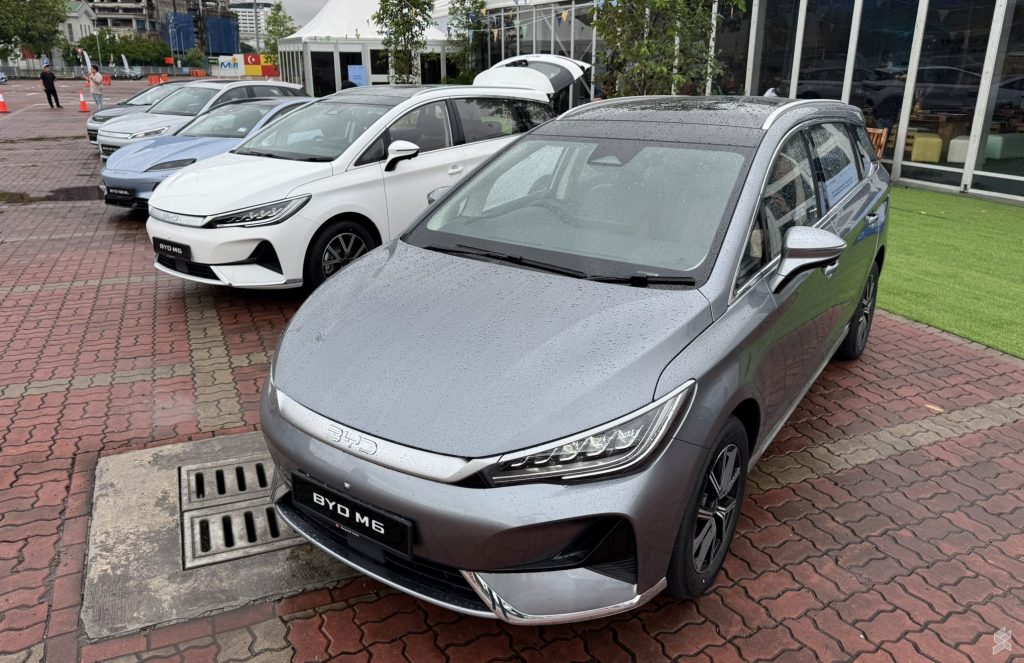
BYD’s commitment to affordability and variety is commendable, but there’s room for improvement, especially in aesthetics. For now, it remains a strong contender in Malaysia’s growing EV market, bringing accessible electric mobility to a wide audience.
Learn more about BYD here.
Silver: Samsung
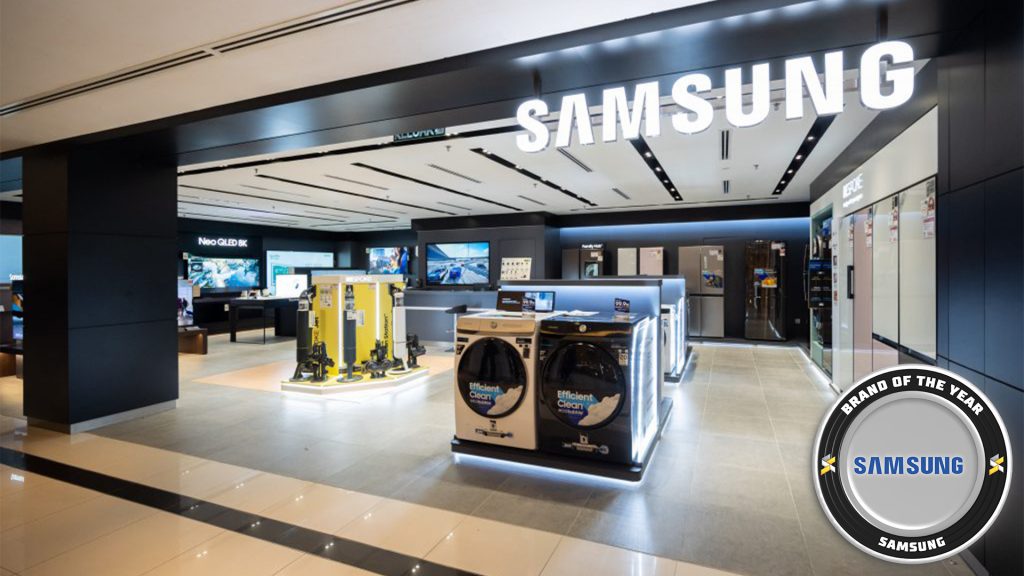
Some may say that 2024 has been a year of “boring” flagships for Samsung, with the Galaxy S24 series and the latest Galaxy Z series bringing only minor changes in terms of design.
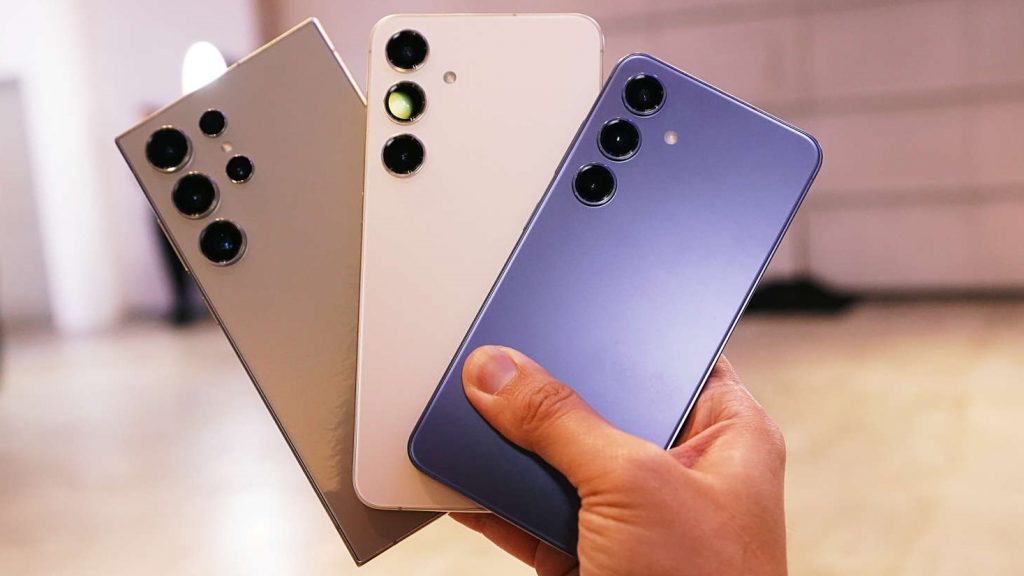
While that might be true, we would digress by saying that the changes Samsung has brought to the table in the mobile space this year have been beyond skin deep. In fact, these changes might be the ones that matter more to one’s day-to-day smartphone experience.
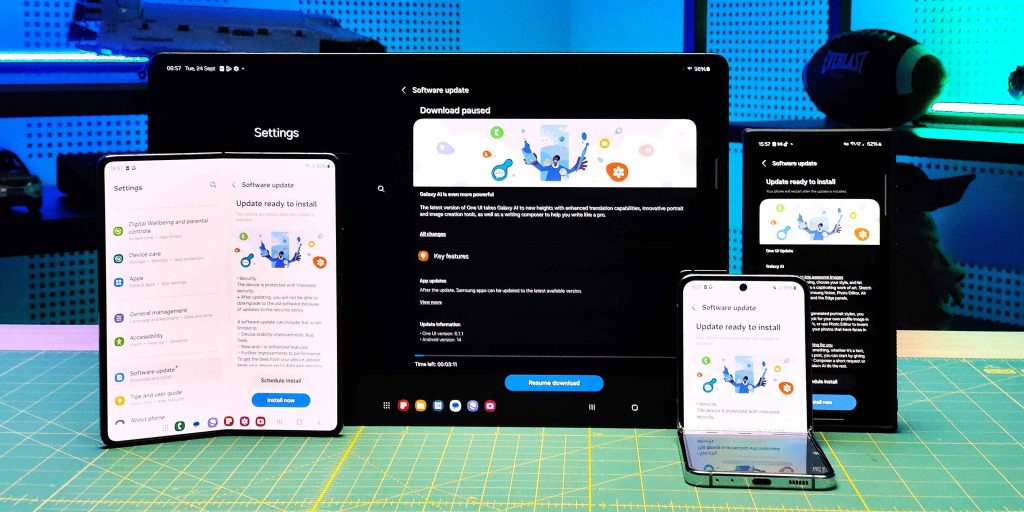
First and foremost, Samsung is, at the moment of writing, still the only Android OEM aside from Google that promises to offer 7 years of major software updates for their smartphones. Yes, this might only be available for Samsung’s flagship models released this year onwards, but we have to recognise that this is quite some dedication. In fact, this is two years longer than how long Apple typically support its iPhones.
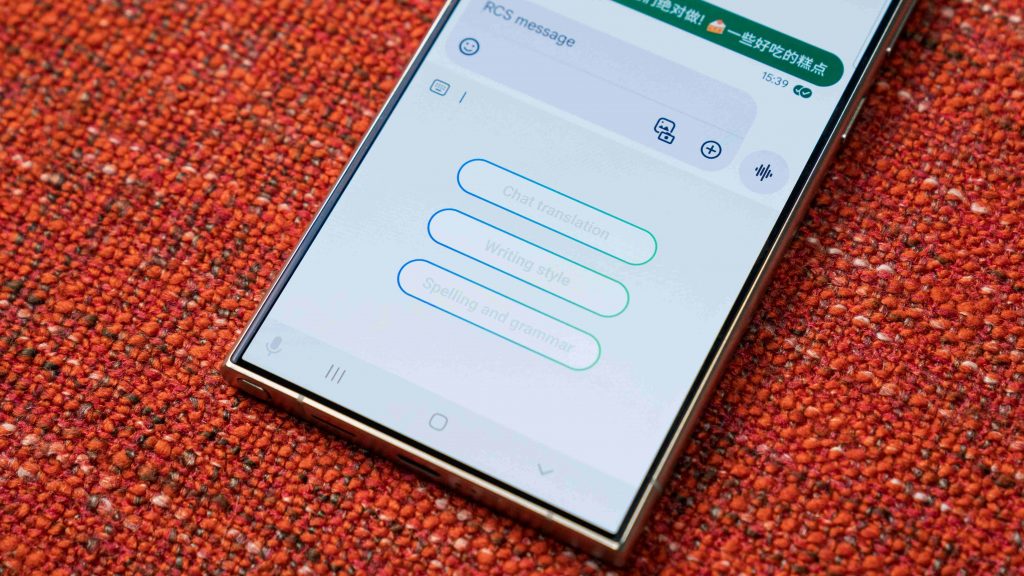
We also like how Samsung made its Galaxy AI features more accessible and available system-wide, instead of just limiting it to some of its own-developed apps. For instance, the Chat Assist functionalities are built into the Samsung Keyboard, allowing users to utilise them to enhance their writing, even when using third-party apps.
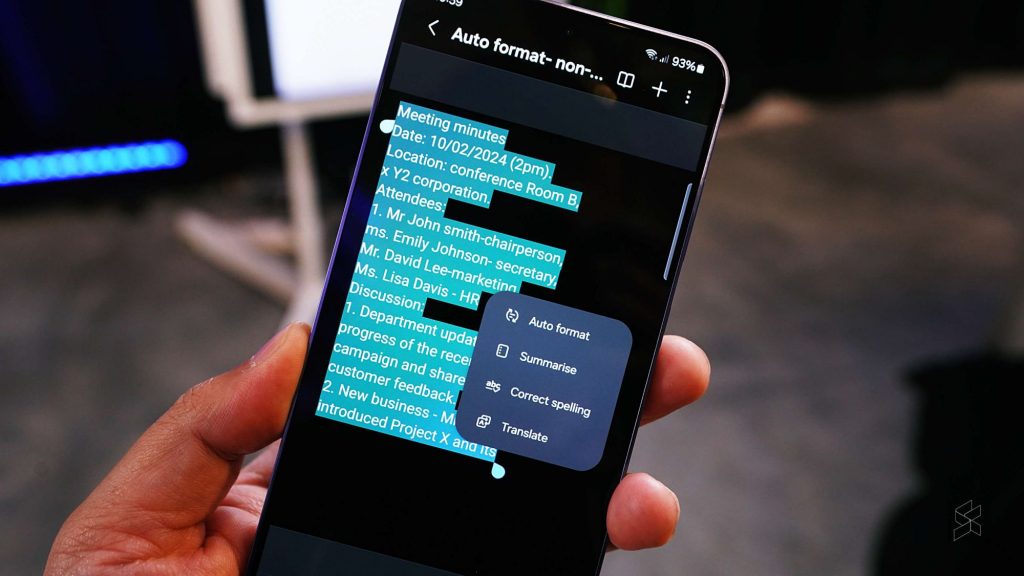
This, in our books, makes Samsung deserving of the number two spot in the Brand of the Year category for 2024 for its contributions to pushing the envelope of AI innovation in the smartphone space.
Learn more about Samsung here.
Gold: Xiaomi
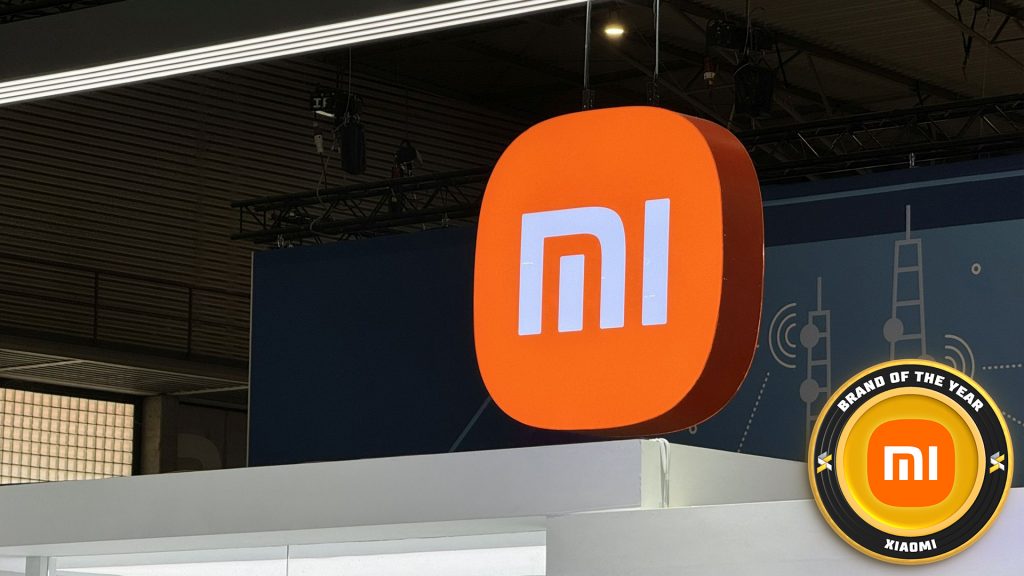
This year, we took a different approach to evaluating Brand of the Year and that paved the way for Xiaomi to take Gold. We feel that Xiaomi has been contributing a lot to the affordable products segment. You may not get the best of the best when buying a Xiaomi product, but arguably speaking, you’re getting tech from the segment above with the price tag from the segment below.
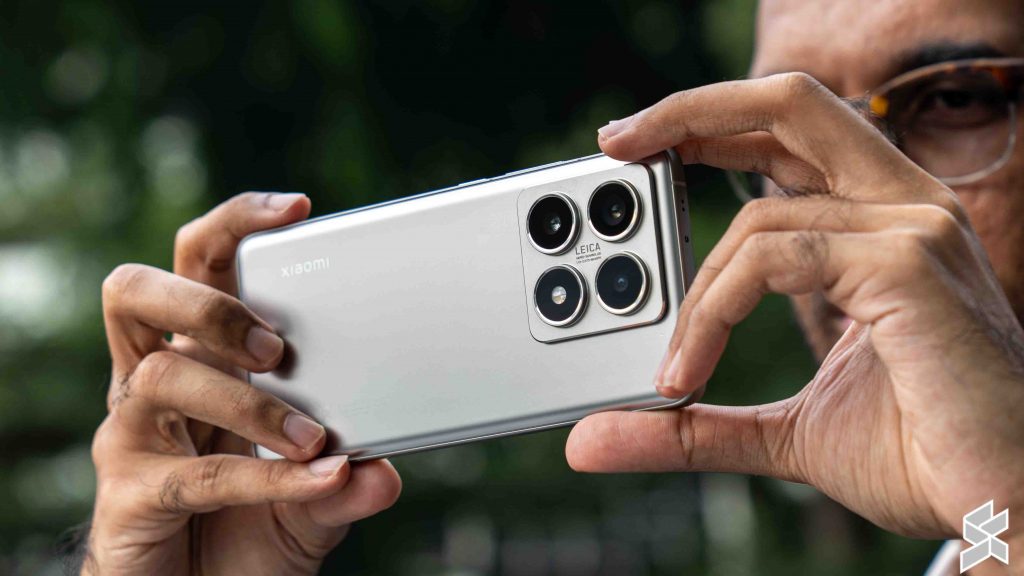
Most people don’t care about the specs on paper. They just want a noticeable upgrade that won’t break the bank. Smartphones like the Xiaomi 14T Series and 13T Series offer great performance for the price while their TVs offer QLED tech for the same price as Samsung’s entry-level non-QLED TVs. This pattern can be seen throughout their catalogue, from smart home appliances to mobile gadgets.
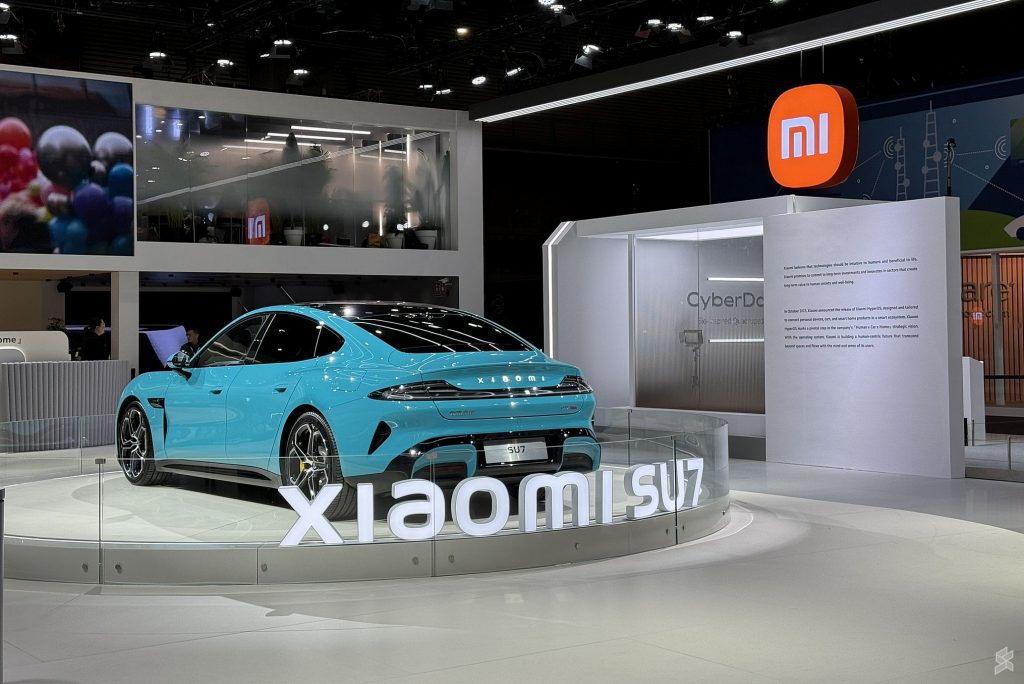
And that’s not even considering one of their milestone achievements this year: being the first tech company to successfully produce an automobile. More impressively, the Xiaomi SU7 is not just safe play, but a luxury sedan with bold styling (albeit copied from the McLaren 720S) and high-end technology. It’s not something we expected from a company that made its name by building affordable products.
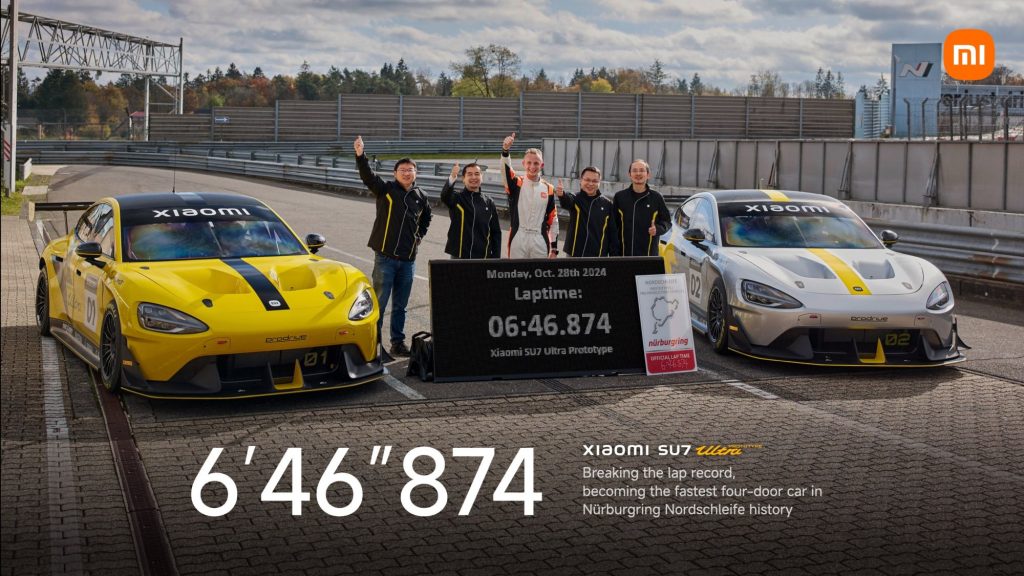
If that isn’t impressive enough, the Xiaomi SU7 Ultra Prototype set a new lap record at the Nürburgring Nordschleife, completing the circuit in just 6 minutes and 46.874 seconds, making it the fastest four-door car to ever tackle the track.
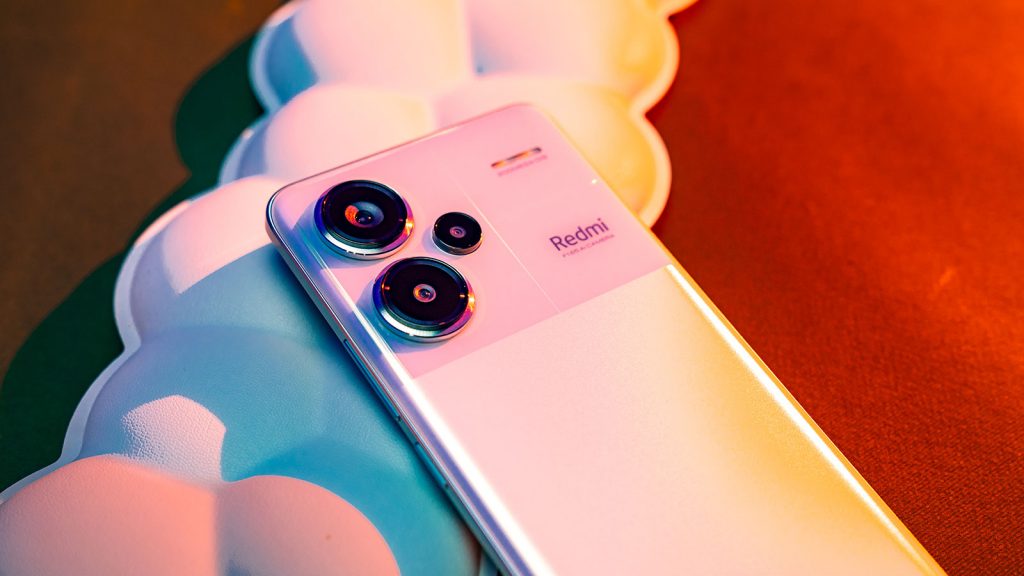
With the ever-rising cost of tech products, it’s good to see that Xiaomi is still offering great products at affordable prices. Yes, their midrange phones may have gone up in price, but then again, they are no stranger to good discounts.
Learn more about Xiaomi here.
Disappointment of the Year
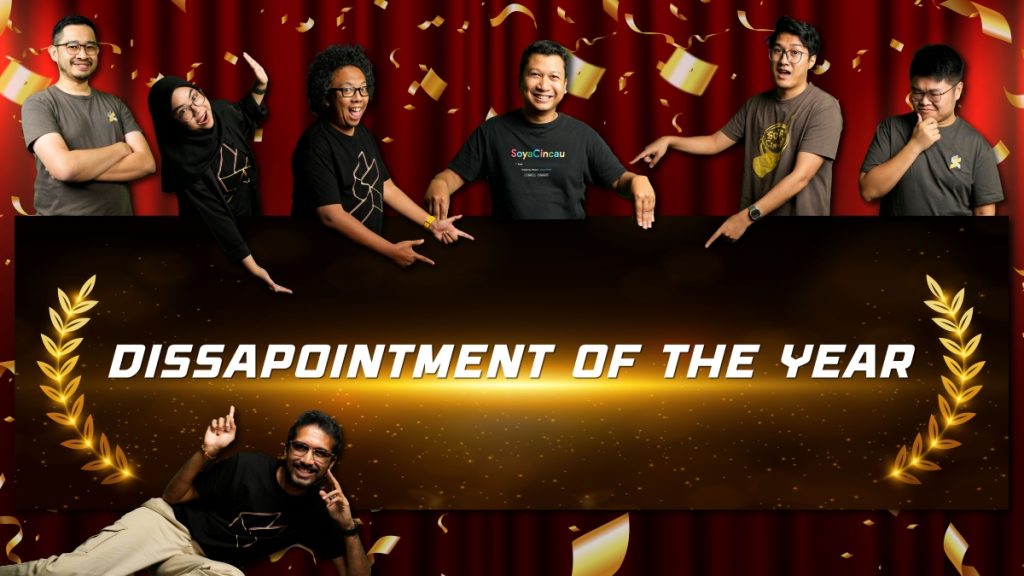
Bronze: Samsung Galaxy Watch Ultra
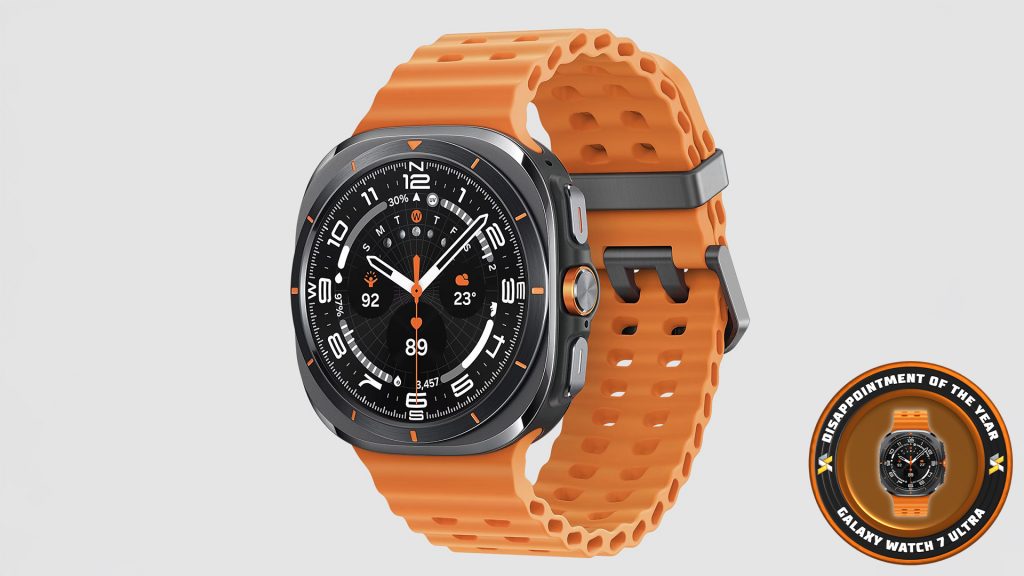
When Samsung showcased the Galaxy Watch 7 Series during their Galaxy Unpacked event, our disappointments hit sky-high. They had a good design on their hands: a smartwatch with a rotating bezel for navigating the UI. It was unique and gave their smartwatch an identity, one you couldn’t find anywhere else.
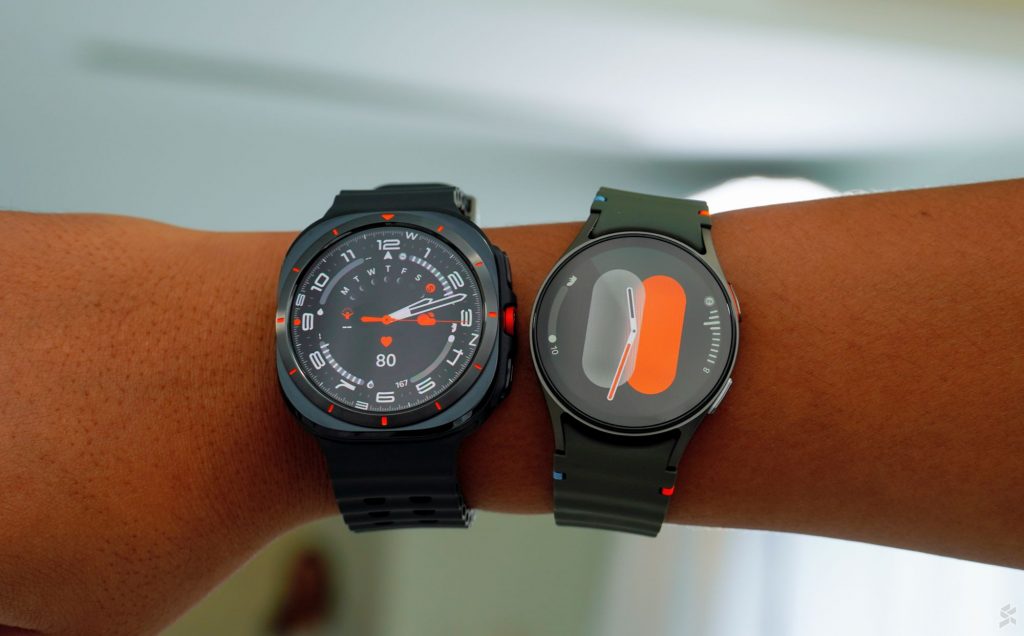
However, with the Galaxy Watch 7 Series, they decided to adopt the design trends that every other smartwatch maker follows. Fine. But the reason we singled out the Galaxy Watch Ultra is because it takes too much inspiration from the Apple Watch Ultra. We know the saying, “If you’re going to copy, copy from the best.”
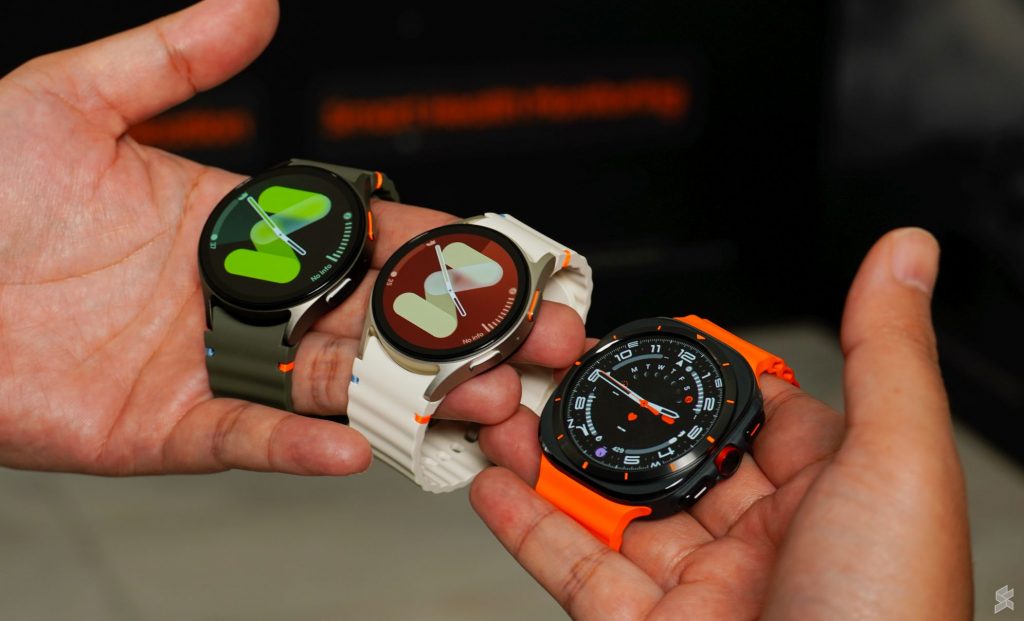
But Samsung is supposed to be one of the top dogs in this space, a company that others should copy from. What’s more frustrating is that they weren’t inspired correctly. I mean a circular watch face on a square case?
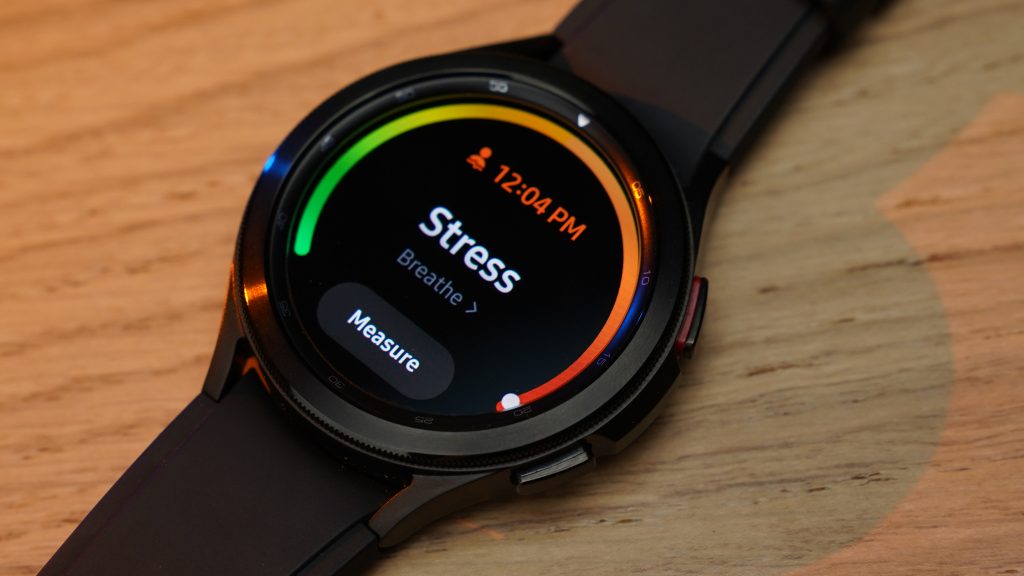
We hope Samsung decides to ditch this design direction and make a U-turn back to watches like the Galaxy Watch 4 Classic and Watch 6 Classic, with their unique rotating bezels that allow us to navigate the OS without covering the screen.
You can check out the Samsung Galaxy Watch Ultra on Shopee and Lazada.
Silver: PADU going nowhere

One of the biggest things to happen in early 2024 is PADU. This is supposed to be the central database of the government which integrates all information of Malaysians across all government departments and agencies under one roof. This was supposed to help the government create clear policies and implement targeted subsidies, especially for RON95.

However, the implementation has faced a lot of hurdles. Firstly the mismatched expectation where users found themselves with an empty database and it became what appears to be an unnecessary data entry exercise. There are also some glitches and there are questions raised on how this data is used and what happens if there’s a mismatch with data from other databases.

And ultimately, what’s the use of PADU? When the revised diesel subsidy was announced, a different platform was used. Now with the RON95 subsidy rationalisation around the corner, it seems that PADU will be used to determine who is eligible or not. Hopefully, there’s greater clarity to build trust among Malaysians to use the platform.
Learn more about PADU here.
Gold: DNS Rerouting
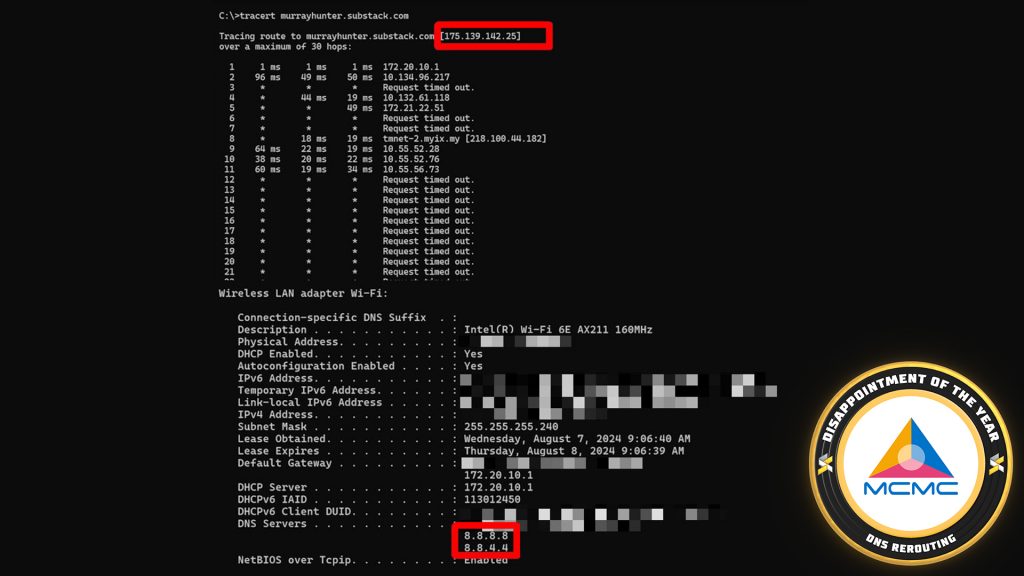
In a bid to protect Malaysians from online harm, the Malaysian Communications and Multimedia Commission (MCMC) had quietly ordered all Internet Service Providers (ISP) to hijack internet traffic through alternative DNS such as Google and Cloudflare.
It was discovered that a Transparency DNS Proxy was implemented by various providers which prevented Malaysian internet users from accessing blocked websites via alternative DNS servers.

Eventually, MCMC issued a statement acknowledging the DNS Redirection and it was done to enhance DNS management for user protection. Several months later, more internet users complained that legitimate websites were blocked as a result of the DNS redirection issue and raised concerns about internet freedom.

After heavy backlash from the public, Communications Minister Fahmi Fadzil instructed the MCMC to suspend its DNS Redirection implementation. The move to implement DNS Redirection was a huge public concern as it was done without prior consultation and notice to various stakeholders including the public.
Learn more about the DNS Redirection case in Malaysia here.
Surprise of the Year

Bronze: Google Pixel in Malaysia
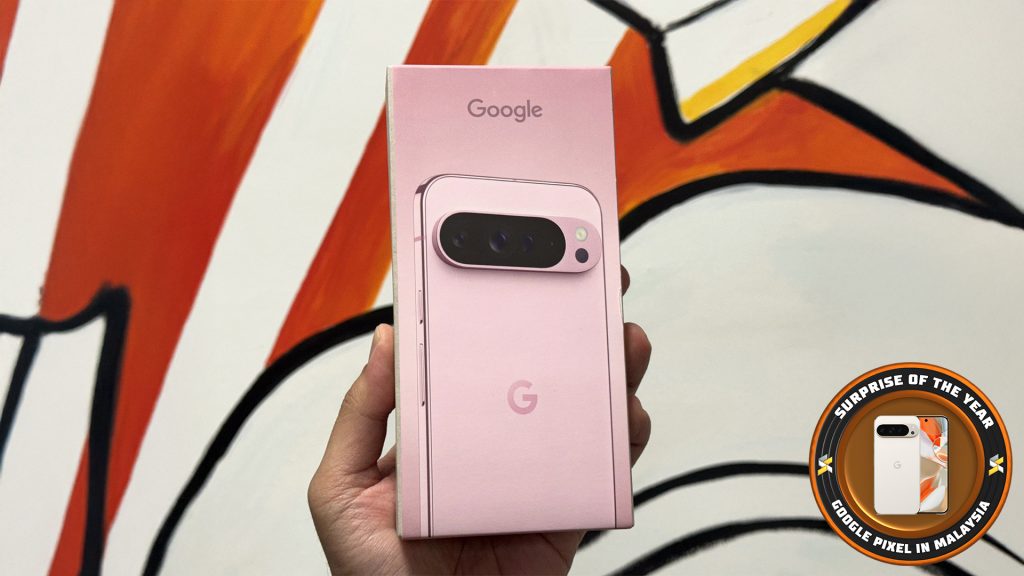
Speaking of the surprise of the year, Google bringing the Pixel 9 series into the Malaysian market was certainly an unexpected one. We remember the day we found out about the news, the entire SoyaCincau office was so excited. Some of us have been waiting for this day since the Google Nexus era.
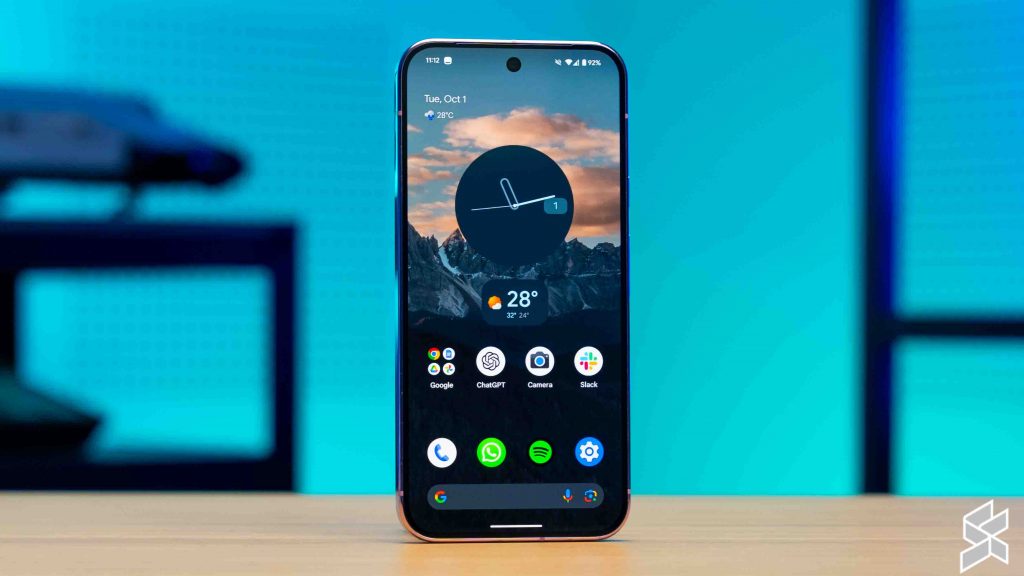
The arrival of Google’s Pixel devices in Malaysia not only caught the attention of tech fans and people working in the industry, but even those who aren’t what you would call tech “nerds”. When using the phone, we even got family, friends, and even strangers asking us “Is that the Google phone?” rather often.
You can learn more about Google Pixel in Malaysia here, or check out the official Google Pixel Store on Shopee and Lazada.
Silver: Xiaomi SU7
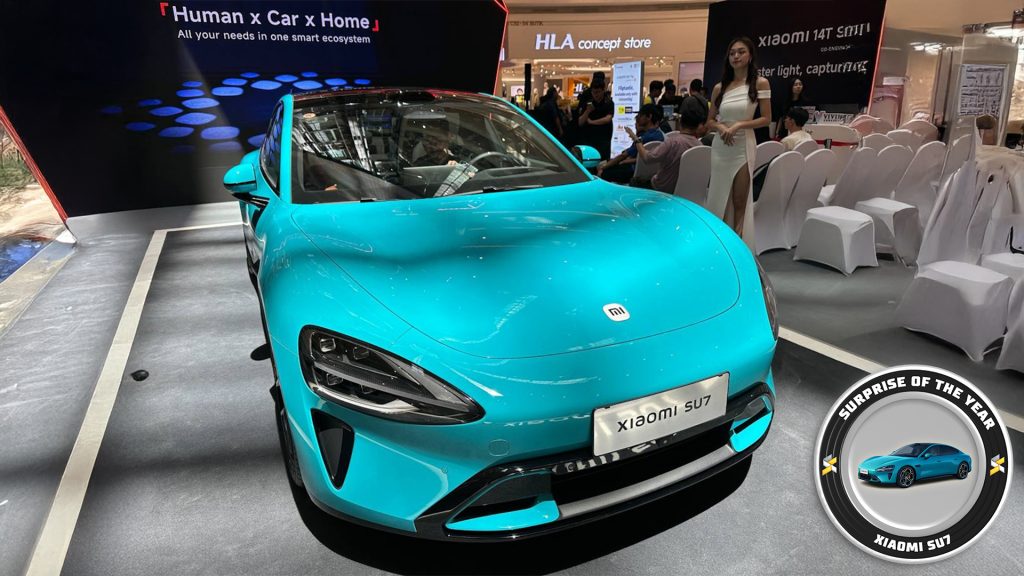
Rumours regarding Xiaomi’s plan to develop an EV have started circling since 2021. The Chinese tech giant has also been reported to have spent 10 billion USD in building its EV manufacturing facilities. However, what’s truly surprising is how quickly this rumour turned into a reality.
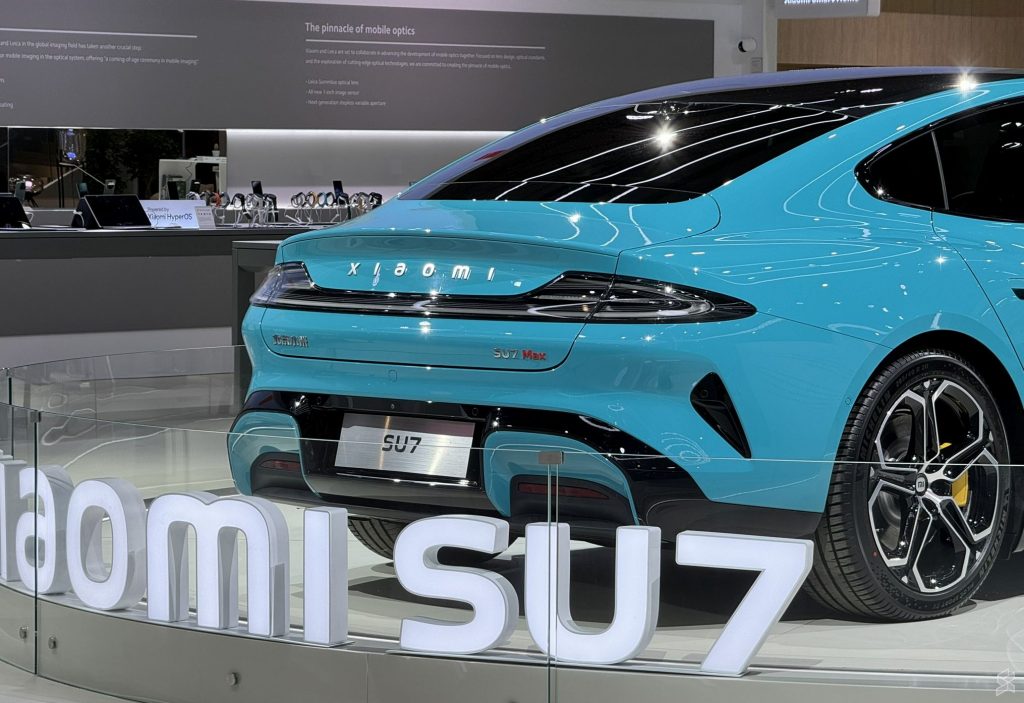
The “SU7” name and its design were first revealed to the world in November 2023 when images and details of the EV were published by Chinese officials. Xiaomi then officially announced the Xiaomi SU7 as its first EV a month later, with the car making its official launch on the 28th of March 2024. Just merely 4 minutes after order books for the Xiaomi SU7 were opened, 10,000 bookings were received. The numbers rapidly grew to 50,000 in just 27 minutes.
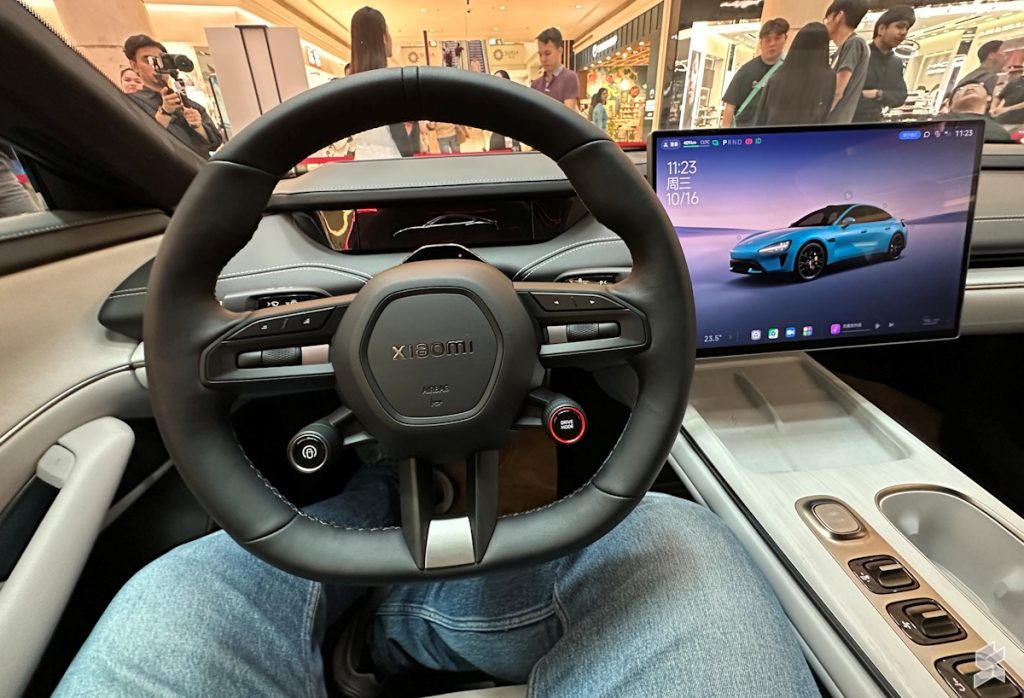
The Xiaomi SU7 isn’t any ordinary EV. Capable of accelerating from 0 to 100km/h in just 2.78 seconds and achieving a top speed of 265km/h, the SU7 is a performance EV that’s made to compete against the likes of the Porsche Taycan.
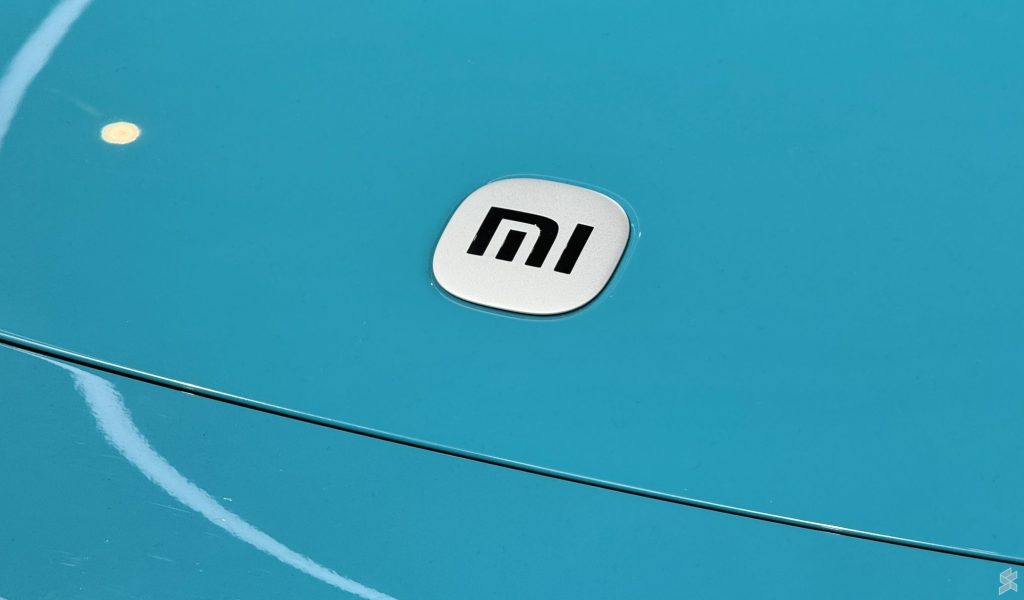
Building cars isn’t an easy job, and not that it’s easy to make smartphones, but Xiaomi made an EV like it made any of its other smartphones.
Learn more about the Xiaomi SU7 here.
Gold: U Mobile selected for 2nd 5G Network
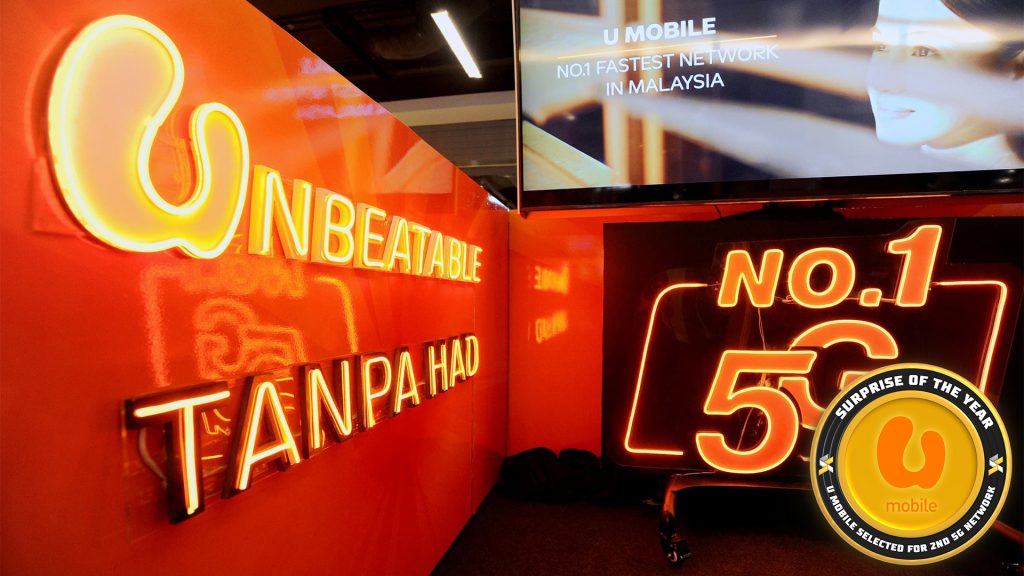
Malaysia has finally decided on the second 5G network and the regulator has picked U Mobile as the winner. This comes as a surprise as U Mobile is considered a smaller player in terms of number of network sites and subscribers compared to other contenders who have submitted their bids.
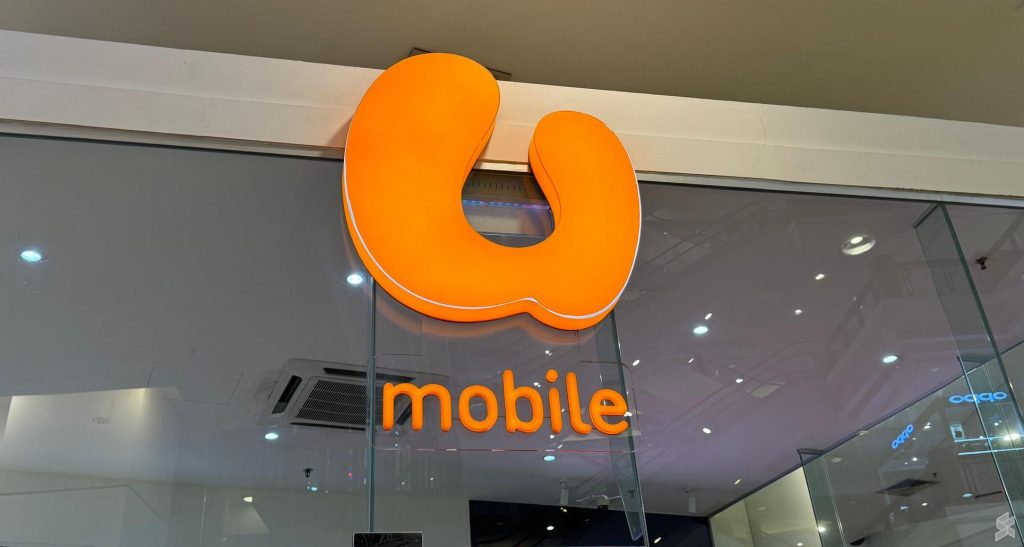
Prior to the announcement, many were expecting either CelcomDigi or Maxis to take the lead in implementing the second 5G network which will compete against Digital Nasional Berhad (DNB).
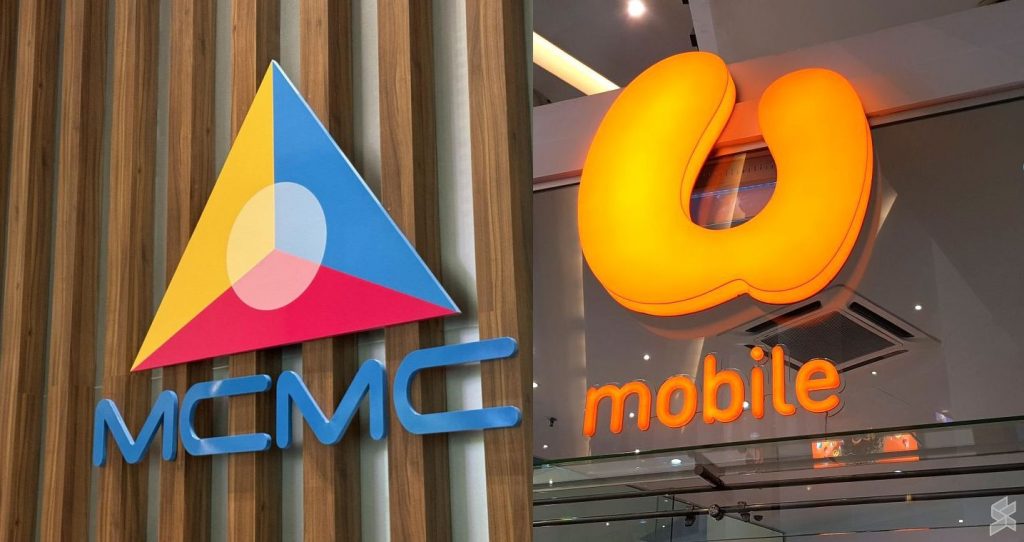
While there are still many questions unanswered, the regulator has mentioned that U Mobile is able to partner with a telco to roll out the new 5G network. All eyes are on the orange operator as analysts expect it to find a strong financial backer to fund the deployment of the network.
Learn more about Malaysia’s 2nd 5G network here.
Conclusion
Despite the mixture of positive, negative, surprising, and even disappointing events that have taken place in the tech space this year, we can certainly conclude that 2024 has been an interesting one. On one side, we’re glad to see brands like Samsung pushing the envelope in AI features that are not just flashy but also useful in our daily lives, along with tech brands like Xiaomi joining the EV game to inject more competition into the industry, which at the end will only benefit the consumers.
However, we also have some questionable events that have taken place this year, such as the DNS rerouting fiasco and U Mobile being selected to implement Malaysia’s 2nd 5G network. Still, we choose to continue looking forward, hoping that 2025 will be an even better year for everyone, including the tech industry.
What do you think about the winners? Do you agree with our selection or do you think we could have chosen better? Share your thoughts in the comments and don’t forget to check out the rest of our SoyaCincau Award winners.

